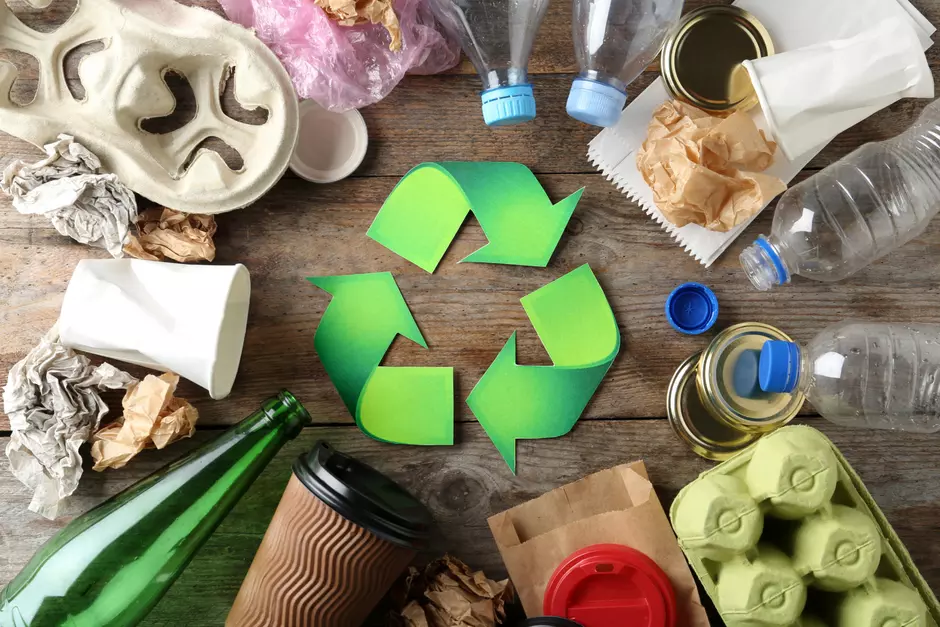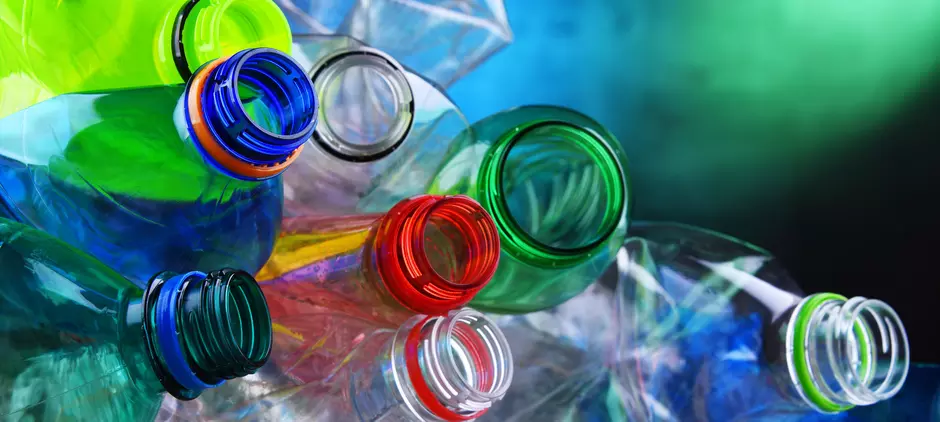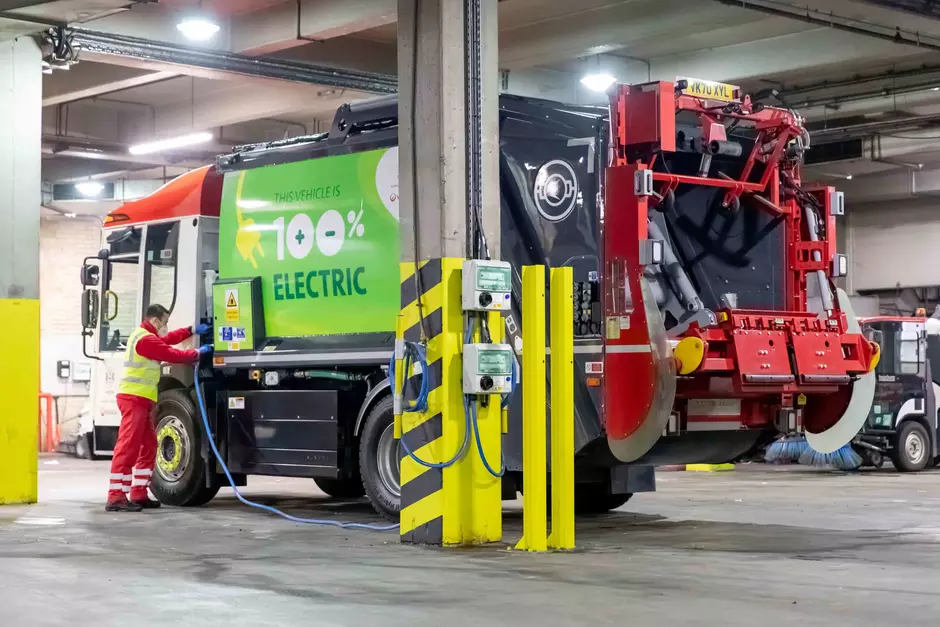Today marks Global Recycling Day, an event created to recognise and celebrate recycling and the part it plays in protecting our natural resources, by expanding and renewing the life of primary resources that we historically disregarded.
When discussing the topic of recycling, it is often the likes of paper waste, glass and plastics that come to mind. Of course, these are a huge part of building the circular economy where we can transition our rubbish into resources, but recycling is so much bigger than just general waste. Technology has allowed recycling to develop in ways that inspire a future of sustainability and ecological transformation.
Let us take you through three incredible ways recycling is playing a huge part in sustainability:
Waste
Materials we no longer have a use for, is an ideology of the past. Everything from paper to plastic to electrical waste can be recycled into a new resource that can be entered back into the economy.
That can be waste being transformed back into its original form, such as the recycling of shopping bags to create new shopping bags, or into new forms and new resources, such as wood and paper for animal bedding. The advancements in technology and attitudes have spurred a shift toward a circular economy approach, with support from new legislation and taxes being introduced.
Water
Global demand for water is growing at a rapid pace and water scarcity is an increasingly worrying issue. Water is fundamental to human activities. Finding solutions to promote water efficiency is crucial for the functioning of industries, businesses and civilisation itself.
Treatment of wastewater is an extensive method of recycling water and is used across many markets, including healthcare, manufacturing and power. Byproducts from wastewater treatment can be used as a fuel source - creating a source of energy to create power and heat that can make a facility self-sufficient.
There is still a lot of work to be done in changing mindsets of consumers and stakeholders alike but the innovations being produced are hopeful. You can read more about future-proofing water in our H₂O 27 guide.
Energy
As with water, more and more energy is being consumed meaning more and more is in demand. Energy recovery is essential to the future of renewable and sustainable sources, whilst optimising the waste management chain.
Energy Recovery Facilities (ERFs) are a useful example. Once recyclates have been extracted, the residual waste from residential and commercial collections is sent to an ERF where it is incinerated to recover electricity. Our ERF in Sheffield has a wider role in resourcing the district heating network in the city, with the energy generated from the waste being used to provide heat for many organisations and building developments.
Possibilities for recycled energy stretches across all three of these categories. Waste and water can both be utilised to generate new energy and have the scope to power entire networks and infrastructures when recycled efficiently. Only through a holistic approach to waste, water and energy will we achieve ecological transformation, and a more sustainable future.
FIND OUT MORE
Be sure to keep up to date with our latest recycling innovations and news on our Insights page
-Further Reading-
How to improve your business’ recycling rates
When implementing a closed-loop system in a business it is vital to implement a structured recycling stream, here we are breaking down some of our top tips to boost your business’ recycling rates.
Supporting businesses to adopt a circular economy
Eliminating single-use plastics has been high on the sustainability agenda in the UK for a while now, with items like plastic straws and cotton buds being banned in the last couple of years.
Why we should be embracing district heating schemes
An estimated 50% of buildings in the UK located in areas of suitable density for heat networks, the system has the potential to have a far greater impact. But why are district heating schemes so desirable when it comes to decarbonisation?
A sustainable future for electric vehicle batteries
The sale of electric vehicles (EVs) is skyrocketing in the UK. While this is great news, the trend does pose the question of how to dispose of EV batteries sustainably.







